EPISODE 7: At the Museum (1)
*Two women are looking through the classical antiquity section of a stately museum. One is a small, skinny, dark-haired woman with a sad, slightly bitter look on her face. This is Tamara, the woman that Andrei had been talking about in previous episodes.
The other woman, Malka, is perhaps five or six years younger. Taller than Tamara, she has long red hair and an innocent, searching look on her face.
Both Tamara and Malka are observing a carving of an Athenian noblewoman.*
Malka: *at Tamara* Seems like we’re the only people in this exhibit. I thought this would be more popular.
*The dark-haired woman with the wide, buggy eyes, jumps slightly, startled by Malka’s sudden voice. The woman, Tamara, blinks, fully processing what Malka now said. Tamara shakes her head slowly.*
Tamara: *to Malka* Ah, it’s been here for a few days. When I first came here, it was quite popular. But then again, people want the newer, flashier displays. So… are you interested in antiquity, then?
Malka: Hm…you could say I am. It’s always intrigued me how people used to live back then. Were they much more savage than they are now? People tend to romanticize the past. It’s easy to, since they wore each elaborate clothes and did things so differently. It’s almost like…a novel.
*she pauses and smiles at Tamara*
So are you interested in antiquity?
Tamara: *nods, her eyes take on a thoughtful, almost demure look, as she contemplates her next answer.* Yes- since I was a young girl, I grew up on myths, and truly loved tales and epics of antiquity.
True, these are all romanticized.
Even the translated epics, how much do we truly know is accurate? How do we know how our ancestors truly lived? Were they more savage than us?
Or the same, when we peel back the layers of false trappings like law or civility?
We don’t know. It’s easier to romanticize and idealize the past, because we are dissatisfied with our present.
Still, it is fascinating to dwell on aspects, like the composition of womanhood from this time.
I’ve always been intrigued how women formed themselves against the rigid rigors of their world, much like we women do now. What do you think?
Malka: Those are all great points.
*she’s smiling, delighted by Tamara’s detailed and thoughtful response. She was expecting a short, canned answer, which most people usually gave when asked such questions*
What fascinated you the most about women during Antiquity? Were you fascinated by the role of the priestess? And also the goddesses…? Since they’re so different from what many religions teach, since many religions in the modern age are male-centric and only have male gods.
Tamara: *a small smile begins forming on her hard, tight-drawn lips, and her face softens, encouraged by Malka’s thoughtful responses. Tamara feared her ramblings would be taken as ridiculous, or pompous, but it seem this girl, Malka, appreciates her opinions.*
Well, the most fascinating thing is how womanhood was seen as a dual necessity. It’s fine and great for a man to war, to build his cities, but a man is still a human.
Even gods needed their goddesses to keep the fire of the soul still burning. Men have their Zeus and Ares, but the order of life still needs its Demeter and Heste, no?
And yes, the priestesses, the oracles- respected and revered, even by kings and emissaries of the gods.
It’s quite different from today, where it’s hard for a woman to secure a respectable position of some power, without it fully granted by a man’s hand, no?
But yes, as savage as our forefathers were, there’s something I wish we could grasp today, of the goddess and oracle for we women of this age.
Don’t you feel like we’ve been denied the opportunity for greatness in this age?

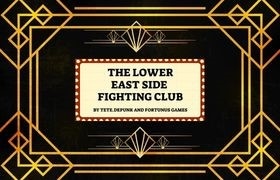
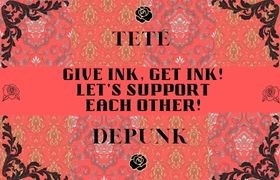
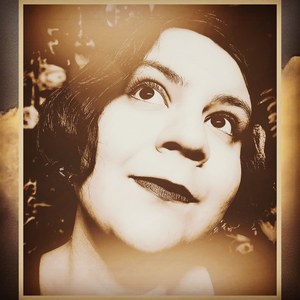








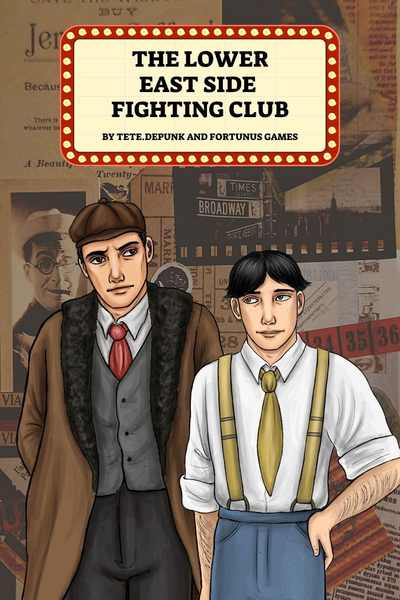
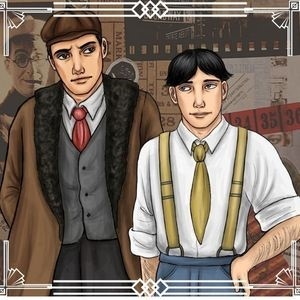
Comments (11)
See all